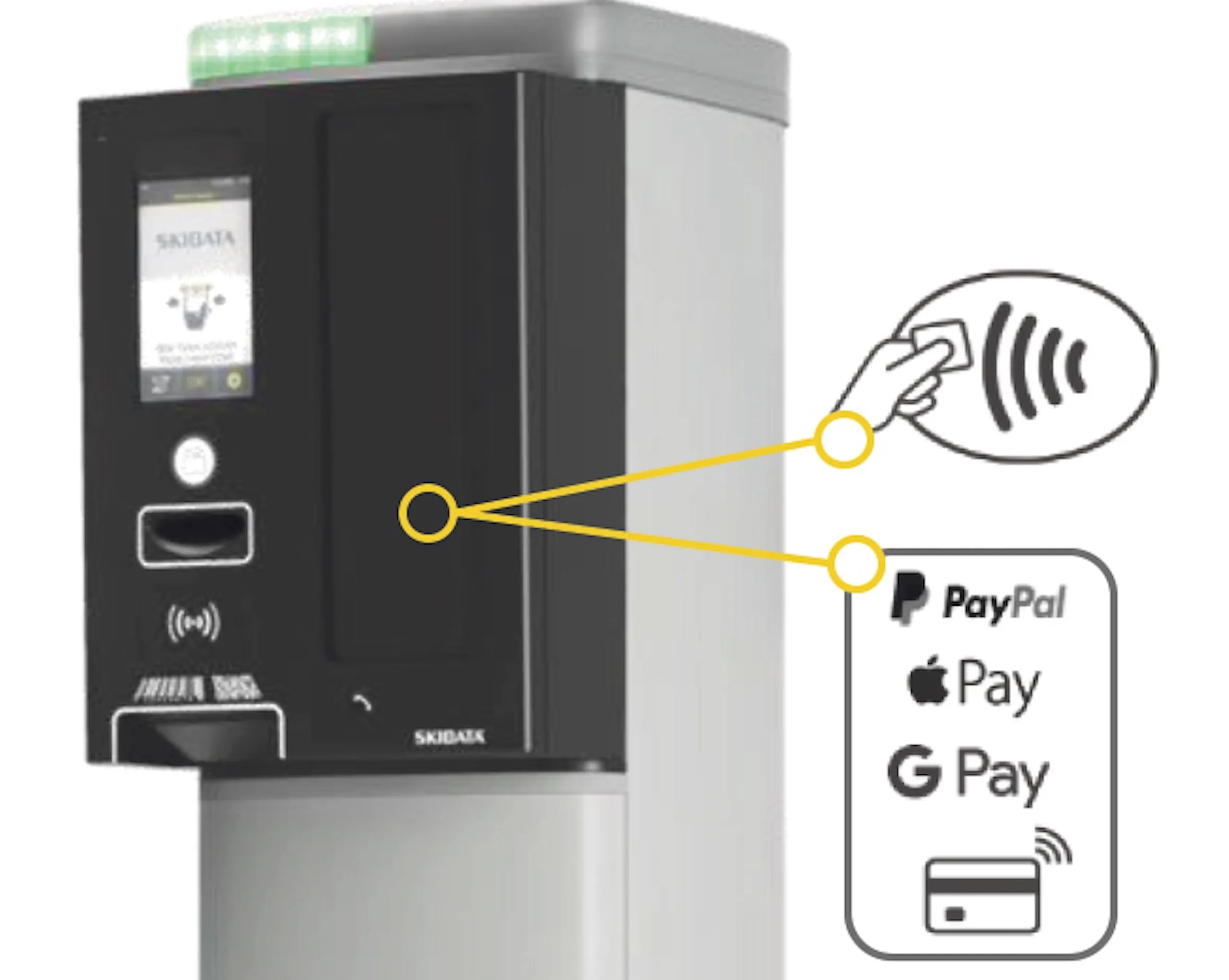Cubic Transportation Systems has successfully extended its service and maintenance contract for the eTicket back office system for one of the largest transport consulting and services companies in Germany, the Rhein-Main-Verkehrsverbund Servicegesellschaft mbH (rms). Developed by Cubic in December 2011, the area-wide multi-tenant central system (vHGS) contract extends the relationship until 2017, providing the opportunity for continuity and further development.
The sales terminal in Cubic’s back office i
September 23, 2014
Read time: 2 mins
The sales terminal in Cubic’s back office is the only one in the German market that is certified by the VDV-Kernapplikation (Association of German Transport Companies), the German e-ticket standards body.
Systems meeting the German eTicket standards set a new level of performance by enabling the secure use of any Internet-connected PC for contactless smart card e-ticket issuance in a sales office. Previous systems required smart card readers containing an expensive and proprietary security application module. With the new lower cost systems pioneered by Cubic, smaller transportation agencies and partners can provide a wide range of ticketing services and improve customer service more affordably without buying expensive dedicated ticketing systems.
Stefan Jacobs, managing director of Cubic Germany, said, “The development of the vHGS was a real challenge. So far, it is the biggest system of its kind in Germany with more than 70 transportation companies with over 400 ticket office point-of-sale terminals using the system. The vHGS is a very solid and robust system and we are delighted that rms appreciates the quality of our work and has renewed the contract.”
Jörg Puzicha, managing director of Rhein-Main-Verkehrsverbund Servicegesellschaft mbH said, “The vHGS has enabled us to provide a higher quality of service for our clients at a lower cost. Cubic was responsible for the development of the system and we intend to continue to develop its capabilities.”









